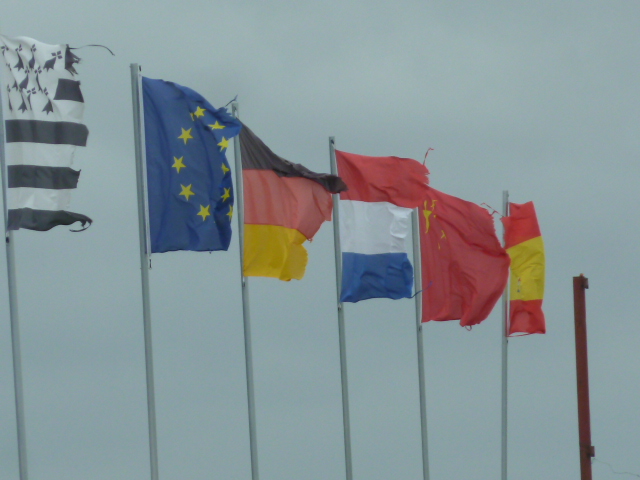US involvement in European laundering cases leads to plans for greater AML centralisation
Chris Hamblin, Editor, London, 10 September 2018

Several banks in the European Union have been beset by money-laundering scandals this year, all of them involving the American authorities in one way or another. This, according to various officials, is prompting the EU to give more AML duties to its central agencies and to make them more powerful in relation to national regulators.
According to the London Financial Times, the top echelons of the European Union have expressed a desire to give the European Banking Authority wider powers and a remit to investigate financial crime at banks. Reuters, meanwhile, has reported the existence of a plan that does not name the EBA but instead moots the setting-up or appointment of an unnamed agency. Both Benoit Coeure of the ECB and Mario Centeno of the Eurogroup have give interviews in which they averred that the EU has to make a greater 'collective' effort against money laundering and terrorist finance that it has done so far. The plan, which the ruling organs of the EU have yet to approve, is part of the continuing centralisation of governmental powers in the EU and the immediate stated reason for it in both newspapers is the recent slew of money-laundering revelations concerning various banks, including:
- ABLV, which this year became a US bank of "primary money-laundering concern" and whose headquarters were in the Latvian capital of Riga before it went into administration;
- Malta's Pilatus Bank, which allegedly broke US sanctions;
- Danske Bank, which is now the subject of criminal probe in Estonia and which announced last December that it had been fined 12.5 million Danish krone ($2 million) for AML lapses in connection with correspondent banks; and
- ING Bank, which Dutch authorities fined €775 million (US$900 million) last week for allowing hundreds of millions to be washed through its accounts for years and which had previously paid $619 million to American regulators over tranactions involving Cuba and Iran.
The ING payment, which includes €100 million that the bank is 'disgorging' ('disgorgement' represents the handover to the state of monies made on fees and charges levied on the illicit business), is the outcome of four different cases that the Dutch public prosecutor subsequently merged into one. The prosecutor has stated that these cases, added together, revealed something systematically wrong with the bank's know-your-customer/KYC practices in the period 2010-16. ING notified the public that an investigation was in progress last year. The amount that the bank has to pay is very high and distinctly 'unDutch.' Indeed, it is the biggest ever fine that the public prosecutor has levied on a bank. The reason for this might be the involvement of US authorities - a thread that runs throughout the aforementioned cases. As is usual in all Western countries except Iceland, absolutely no banking executive is going to prison over the case; everybody on the main board has, however, agreed not to award themselves bonuses for 2018.
The Wall Street Journal has reported that Danske Bank might have helped criminals launder a staggering US$150 billion - a far cry from the original $8 billion suggested in July by the campaigner Bill Browder. The paper says that the figure has been presented to the board and covers the years 2007-15.
In November 2017, the EU promulgated Regulation (EU) 2017/1939 to set up a European Public Prosecutor's Office to tackle large-scale, cross-border crime against its budget. The original plan was for it to tackle no other offences but, according to the FT, the top management of the EU now wants this to change, with the office starting to investigate terrorist finance in 2025. This will require the permission of all its national signatories. The new office is expected to start operating in late 2020 or early 2021 onwards and 20 EU countries have signed up to it so far. These are: Austria, Belgium, Bulgaria, Croatia, Cyprus, Czech Republic, Estonia, Finland, France, Germany, Greece, Italy, Latvia, Lithuania, Luxembourg, Portugal, Romania, Slovakia, Spain and Slovenia. Holland has announced its decision to allow the new body to operate on its soil as well. It will be able to act quickly across borders without the need for lengthy proceedings to set up judicial co-operation. The ever-swelling EU budget was reportedly defrauded of €638 million (US$737.8 million) in 2015.












